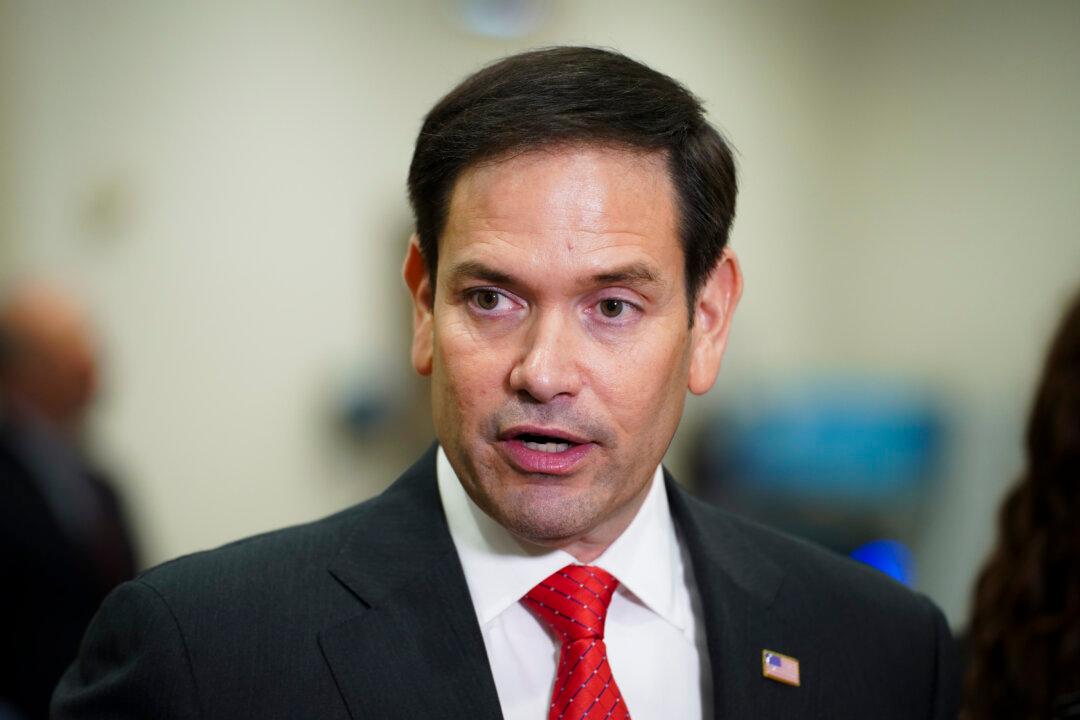After Ford Motor Co. paused its controversial $3.5 billion project with a Chinese electric vehicle (EV) battery maker, Sen. Marco Rubio (R-Fla.) wants the Biden administration to take a step further in expelling Chinese communist influence operations, which, in his view, use Chinese companies as tools.
On Sept. 25, Ford announced the halting of the EV battery plant involving China’s Contemporary Amperex Technology Co. Ltd. (CATL). “We’re pausing work, and we’re going to limit spending on construction at Marshall until we’re confident about our ability to competitively run the plant,” Ford spokesman T.R. Reid told The Epoch Times via email.



